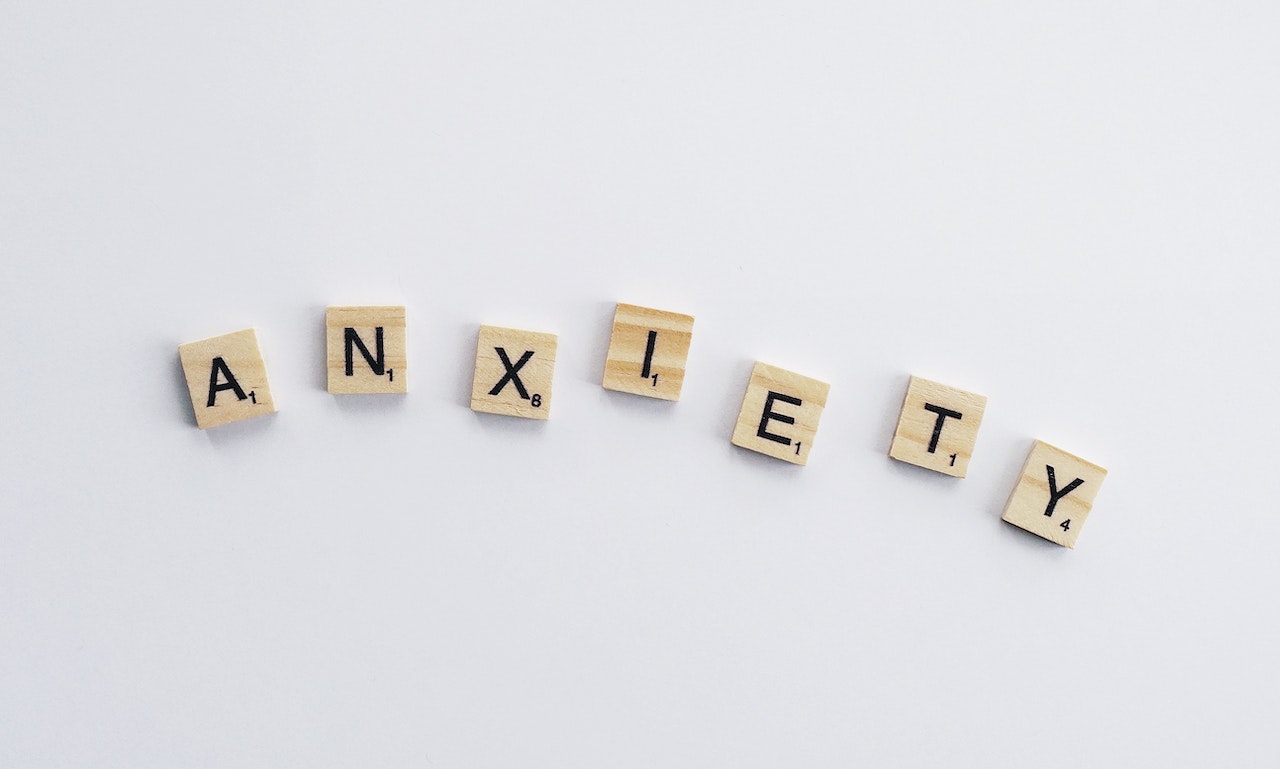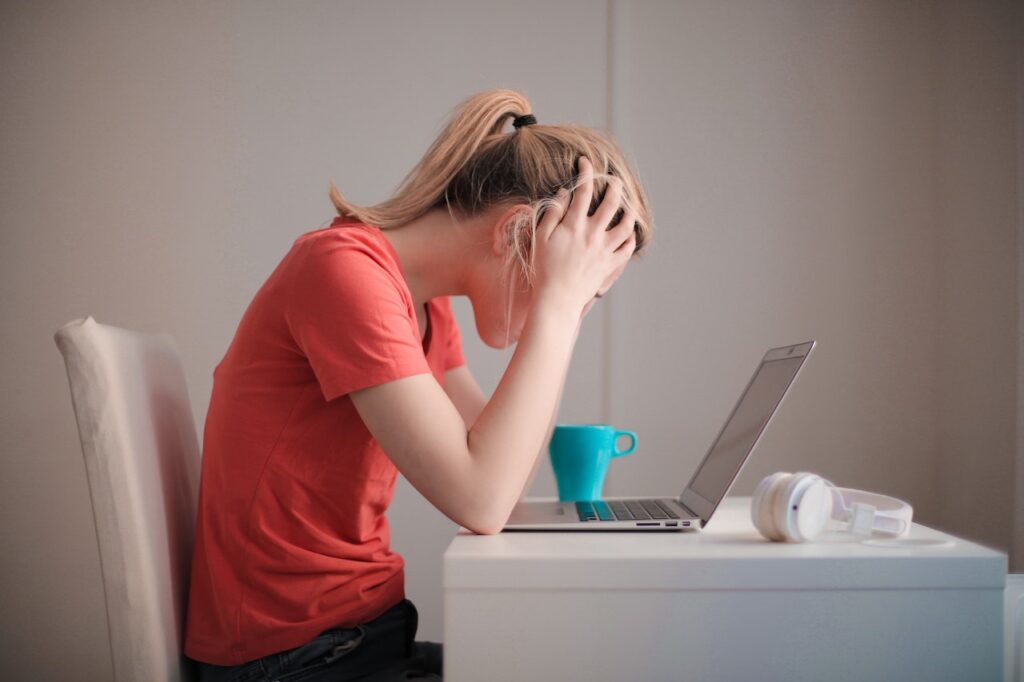Anxiety is the body’s natural response to perceived danger. It can come in many forms as you experience the ups and downs of life. Whether you are dealing with a stressful situation at work or trying to handle a strained relationship with a loved one, there are ways of coping with anxiety.
To begin, take a deep breath and relax – endeavor to face anything that puts you in constant worry. Here are some practical tips you can consider to cope with anxiety.
Table of Contents
Identify Your Triggers
To get to the root of anxiety, pinpoint the situations or factors that bother you. To do this, be attentive to your body’s responses and set time apart to explore your feelings and thoughts.
Journaling can be effective in this exercise. If you tend to wake up at night due to worry or fear, keep your journal by your bed so you can use it as an emotional outlet to regain control.
You can also talk to a trusted friend, or even a professional psychiatrist to help spot deep-seated emotions and triggers and learn more about coping with anxiety in the ways that suit you.
If your medications cause you to feel anxious, talk to your doctor and express your symptoms. Further, remove yourself from any environment that induces anxious feelings.
Exercise
Exercise can be a productive way to cope with anxiety. It distracts you from negative thoughts, helps you control rapid breathing, and relieves muscle tension.
Likewise, other activities like deep breathing can help reduce the symptoms of a panic attack when the body incorrectly releases stress hormones.
The next time you feel overwhelmed, consider loosening tight clothing and getting comfortable. Practice slow, paced breathing and allow your breath to flow without force. Repeat it until your nerves are calm. Set small goals and aim to stay consistent with your early morning jogs or evening walks.
It would be beneficial to find activities that you enjoy. For example, join a dance studio and enjoy camaraderie if you love dancing. Consider getting an exercise buddy if you have trouble sticking to a routine. Exercising releases good hormones in your body and enhances your sense of well-being.
Be Patient with Yourself
Many times, anxiety comes from the fear of the unknown. For instance, you can find yourself overthinking past issues and wrongfully predicting doom in your future. Letting go and focusing on what is within your power can be a game-changer.
Change in your thought patterns and behaviors will not happen in a day. However, you can show up daily and do your best with patience and practice.
Focus on gratitude and approach every task with a determined mindset. When you feel negative emotions coming up, avoid beating yourself up. Instead, face and work through them by highlighting positive things.
If you find yourself in a real circumstance, take action to reduce anxiety. For instance, if your company is laying off employees, you can take action by updating your resume and applying for other jobs.
Coping with Anxiety: In Conclusion
While the above techniques can help you cope with anxiety, it is important to seek mental help when you experience extreme distress and an inability to function daily.
Images from Pexels

